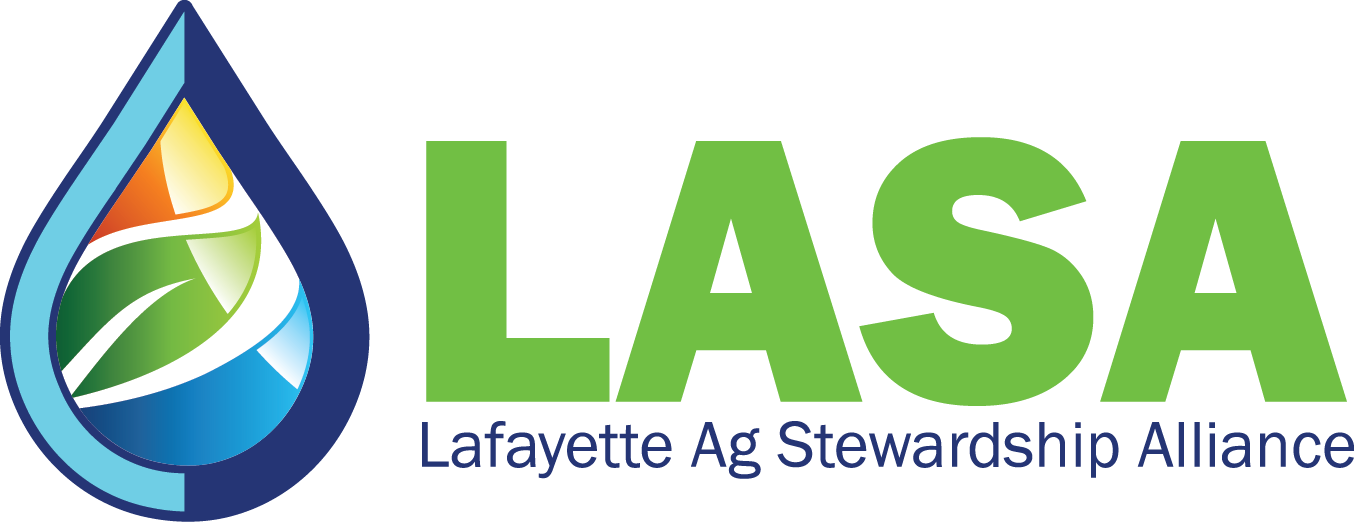By Mary Hookham
For Lafayette Ag Stewardship Alliance
You might say hog farmer Mike Berget has soil on the brain, so he appreciated Lafayette Ag Stewardship Alliance’s third annual field day.
The event, held in August at the University of Wisconsin-Platteville’s Pioneer Farm, centered on the importance of having healthy soil in protecting the quality of surface and groundwater.
Berget’s family has been recognized for innovation in soil stewardship at Berget Family Farm and Silver Creek Family Farm in the Darlington area.
“I’m passionate about soil conservation. I think it’s very important that our soils are safe for our grandchildren,” Berget said.
LASA’s field day featured high-tech rainfall simulators, a soil pit and groundwater monitoring equipment as part of the group’s continued efforts to help farmers improve in protecting water quality in the county.
Dennis Busch, Pioneer Farm’s research manager, and his students explained the proper way to find test plots on farms and analyze data, and shared test plot results from Berget’s farms among others.
With a rainfall simulator, Jim Isermann demonstrated how management affects soil health and how that leads to better infiltration and reduced runoff. Isermann is field manager for northern Illinois for Soil Health Partnership, a farmer-led soil management project. Using local soils from different management types, attendees saw a significant difference in the amount of runoff from fields where soil health practices were used versus a soil that was under full tillage.
“I think the demonstration went great and was very eye-opening for those who saw it,” Isermann said.
Josh Kamps, agriculture educator with UW-Extension Lafayette County, who co-hosted an education station at the field day with Isermann, talked about soil functions, quality indicators and properties before taking attendees down into a soil pit to see how water infiltrates the soil.
“Being a longtime farmer in the county myself, I know that for people to give up their time away from their farms and come to an event, it needs to be relevant,” Kamps said. “That’s really my goal — to provide information and help with decision-making.”
Groundwater monitoring was the topic at Kevin Masarik’s education station. Masarik is the groundwater outreach specialist at the University of Wisconsin-Stevens Point. He provided a map of private well nitrate-nitrogen concentrations across the state and shared information on the nitrogen cycle, water drainage and nitrate leaching at multiple test sites, and geologic considerations for bacteria. Masarik explained that monitoring the top 1 foot of the soil profile is challenging.
“Agricultural systems represent a significant contribution of nitrate losses to groundwater — much of it outside the growing season,” he said. “We have to maintain nitrogen and water in the upper part of the soil profile.”
Jim Winn, president of LASA, encouraged members to get involved in the organization and its cost-share programs.
“Groups like this one are a vital part of farming,” he said.
Steve Carpenter, vice president of the group, previewed a new texting program that will be used to notify members and guests of events happening on short notice as an effort to help increase participation.
“It’s all about clean water in the end,” Carpenter said.
